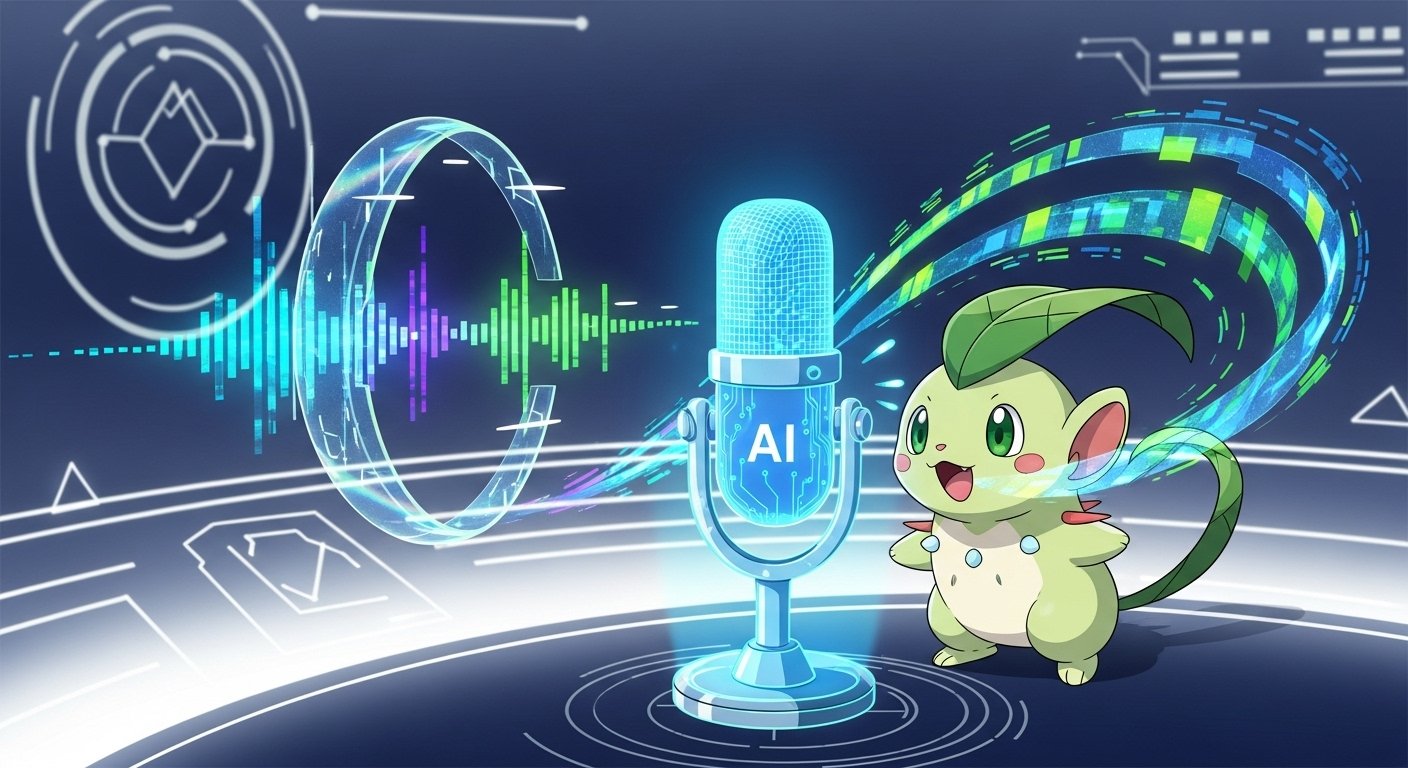In the age of artificial intelligence, few sectors have seen as much disruption as education technology (edtech). From adaptive learning platforms to AI tutors, technology is reshaping how we acquire new skills—and language learning is at the forefront of this revolution.
One company that embodies this transformation is Edugo.AI, a startup that redefined how learners engage with foreign languages. By integrating AI into every part of the learning journey, Edugo sought to make language learning more efficient, personalized, and scalable.
But as with every innovation, the real question is: does the business model work?
This article dives deep into “Edugo: Evaluating the Business Model of an AI-Driven Language-Learning Startup”—a real-world case that sheds light on how tech innovation meets economic reality.
Understanding Edugo and Its Vision
Edugo was founded by Giuseppe Tomasello in 2018 with a clear mission: to democratize language learning through artificial intelligence. The company originated in Italy and later expanded internationally, positioning itself as a “human-in-the-loop” AI solution for language learners.
Its technology analyzed digital transcripts and classroom interactions to create:
-
Personalized review materials
-
Smart quizzes
-
AI-powered conversation simulations
This made the platform unique compared to traditional apps like Duolingo or Babbel, which rely heavily on static exercises.
Edugo’s AI core continuously improved as more learners interacted with it—creating a data-driven feedback loop that enhanced accuracy and personalization.
The Core of Edugo’s Business Model
1. Value Proposition: Personalized, AI-Enhanced Learning
At its heart, Edugo offered something learners wanted most—tailored learning experiences. By leveraging AI, it provided:
-
Real-time performance tracking
-
Adaptive learning paths
-
Automatically generated exercises from live lessons
Unlike typical apps that serve one-size-fits-all content, Edugo’s model made learning adaptive—an essential factor in boosting retention rates and engagement.
2. Target Market: B2C vs. B2B2C Dilemma
One of Edugo’s biggest strategic debates was choosing between:
-
B2C (Business-to-Consumer): Directly targeting learners through subscriptions.
-
B2B2C (Business-to-Business-to-Consumer): Partnering with language schools and institutions.
Each path had pros and cons:
| Strategy | Pros | Cons |
|---|---|---|
| B2C | Higher scalability, brand control | High customer acquisition cost |
| B2B2C | Institutional trust, stable clients | Slower growth, complex integration |
Ultimately, Edugo leaned toward B2B2C, integrating its AI into schools’ ecosystems—helping educators deliver smarter lessons while monetizing through licensing or partnership models.
Revenue Streams and Monetization Strategy
Edugo’s diverse revenue streams included:
-
Subscription Plans: Monthly or annual access to personalized language learning.
-
Licensing Model: Partnering with schools that integrated Edugo’s AI into their digital classrooms.
-
Enterprise Packages: Offering scalable AI solutions for corporate language training.
-
Freemium Model: Basic access for free, with premium upgrades unlocking advanced AI tools.
This hybrid approach balanced recurring revenue with institutional partnerships, ensuring stability and growth potential.
Cost Structure and Scalability
Like any AI startup, Edugo faced high initial costs in:
-
AI model development
-
Cloud infrastructure (for data processing and storage)
-
R&D and continuous training of models
However, once the infrastructure was established, marginal costs per user dropped dramatically—a key strength of AI-based SaaS businesses.
This scalability allowed Edugo to grow quickly without equally growing expenses, improving profitability over time.
Competitive Landscape: Where Edugo Stood
The AI language learning market includes big players such as:
-
Duolingo – gamified learning app with billions of users.
-
Rosetta Stone – long-established, content-driven platform.
-
Lingoda – online language school model.
Edugo’s differentiation came from:
-
AI-driven content generation instead of static exercises.
-
Collaborative learning model (teacher + AI).
-
Dynamic data feedback loop, improving with every user.
This combination made Edugo stand out as a “teacher-supporting AI tool”, rather than a full replacement—a more sustainable positioning in the education ecosystem.
Technology as a Competitive Advantage
Edugo’s proprietary AI engine analyzed:
-
Transcripts from real classes
-
Student interactions and mistakes
-
Response patterns to create custom learning paths
This adaptive intelligence meant the system improved autonomously, creating a self-enhancing product—a hallmark of strong AI startups.
The platform also leveraged Natural Language Processing (NLP) and Machine Learning (ML) to understand user intent, pronunciation, and fluency, offering real-time feedback.
Data: The Fuel Behind Edugo’s Growth
Data was Edugo’s true competitive moat. Every class, test, and quiz generated data points that:
-
Improved language prediction models
-
Enabled personalized learning paths
-
Provided teachers with insights into student progress
Edugo effectively turned raw data into AI-powered insights, which not only enhanced the learner experience but also strengthened the product’s AI foundation—a textbook example of data network effects.
Marketing and Customer Acquisition
Edugo employed a multi-channel marketing strategy, including:
-
Content marketing focused on AI-based education
-
Partnerships with institutions and language schools
-
Organic SEO targeting keywords like AI language learning, smart tutoring, and personalized education technology
The company also benefited from word-of-mouth referrals from educators who experienced real classroom improvements after integrating Edugo’s tools.
Financial Evaluation and Risk Assessment
From an investor’s perspective, Edugo’s business model evaluation included key financial metrics:
-
Customer Acquisition Cost (CAC): Initially high but decreased as partnerships scaled.
-
Lifetime Value (LTV): Strong, due to recurring licensing and subscription renewals.
-
Gross Margin: Improved over time with reduced marginal costs.
However, risks remained:
-
Heavy dependence on AI infrastructure costs.
-
Regulatory challenges around data privacy (GDPR compliance).
-
Rapidly evolving competition in AI-based edtech.
Yet, Edugo’s robust model attracted investor attention, culminating in its acquisition by Docebo, a leading corporate learning management platform, in 2023.
Lessons from Edugo’s Journey
Edugo’s experience offers key insights for AI-driven startups:
-
Solve Real Problems, Not Just Build AI: Edugo focused on enhancing learning outcomes, not just showcasing AI.
-
Partnerships Accelerate Growth: Collaboration with schools created credibility and faster adoption.
-
Data is Power: Continuous feedback loops strengthened the product moat.
-
Hybrid Monetization Works: Balancing B2C and B2B models ensured diversified revenue.
-
Sustainability Over Hype: Edugo’s teacher-support model proved more sustainable than fully automated learning systems.
How Edugo Fits into the Future of EdTech
With the rise of generative AI, platforms like Edugo are paving the way for personalized, adaptive learning ecosystems.
In the coming years, we can expect:
-
AI tutors integrated with voice and visual recognition
-
Data-driven insights for educators
-
Cross-platform learning experiences (mobile, VR, and AR)
Edugo’s model represents a transition from traditional e-learning to intelligent learning systems—a future where technology doesn’t replace teachers but empowers them.
Conclusion
To summarize, Edugo: Evaluating the Business Model of an AI-Driven Language-Learning Startup offers valuable lessons in building a scalable, data-driven, and sustainable AI business.
Its strategic balance between innovation and practicality—AI that supports human teachers rather than replaces them—proved to be its greatest strength.
By combining personalization, partnerships, and profitability, Edugo became a benchmark for future AI-driven edtech ventures.
In the evolving world of education technology, the Edugo case reminds us that success lies in aligning technological innovation with real human needs.
FAQs
1. What is Edugo and what makes it unique?
Edugo is an AI-driven language-learning platform that creates personalized lessons and review materials using data from real classes. Its “AI-plus-teacher” model differentiates it from competitors.
2. How does Edugo use AI in education?
Edugo leverages machine learning and NLP to analyze student performance and generate tailored exercises, quizzes, and conversational simulations.
3. What was Edugo’s main business challenge?
Choosing between targeting individual learners (B2C) and institutions (B2B2C) while maintaining scalability and profitability.
4. How did Edugo make money?
Through subscriptions, licensing deals with schools, and enterprise solutions for corporate training.
5. What can other startups learn from Edugo?
That data-driven personalization, ethical AI use, and partnership-based scaling are the keys to long-term success in the AI education industry.








Leave a Reply